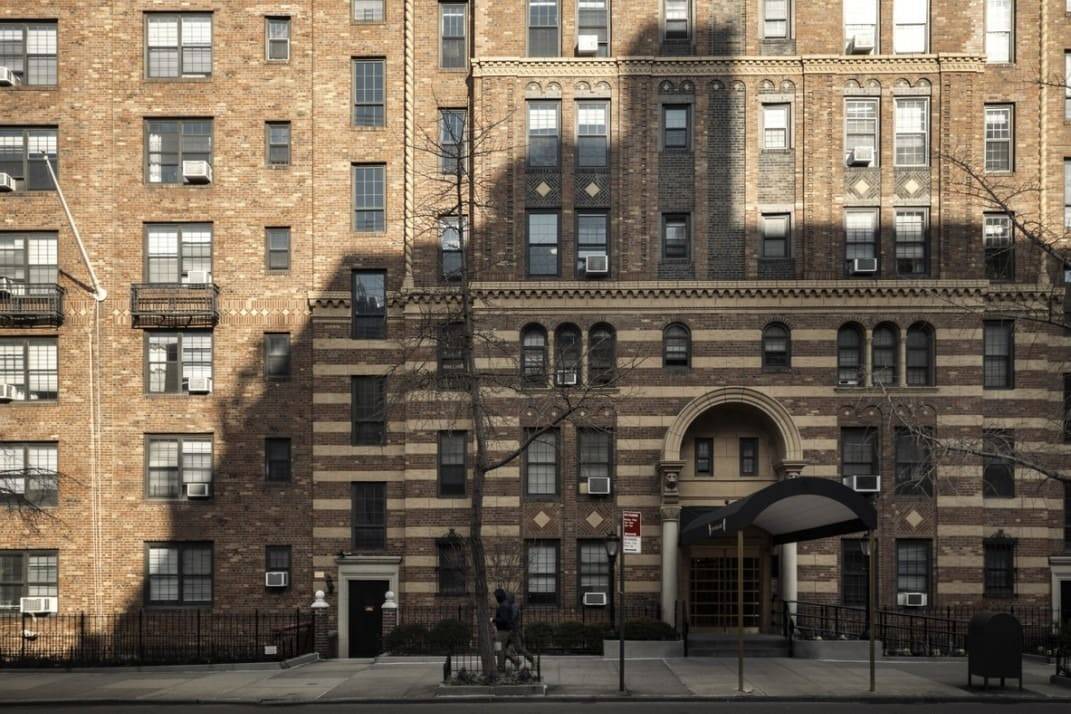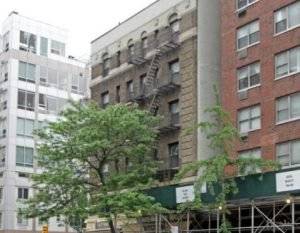By Adam Frisch, Managing Principal, Mantus Real Estate
With new rent control and rent stabilization bills being introduced in major metropolises across the country by politicians claiming to help those less fortunate, people are often surprised to hear the opposing view: that rent stabilization isn’t all that helpful to the market at large.
The major problem with rent stabilization is that it takes a large portion of the apartment stock off the market. This leaves a lot fewer units from which the free market tenants can choose, causing that remaining housing to become significantly more expensive than its actual value would otherwise be. In short, rent stabilization at one end of the market causes hyperinflation at the other end. Another reason that rent stabilization is hardly as beneficial as it may seem is that property owners have little incentive to maintain these buildings which often causes them to fall into disrepair. If all the rent stabilized apartments were opened to the free market, prices would naturally decrease. However, if rent-stabilization starts gaining more ground than it already has, investors will start to lose interest in buildings.
Among young people in particular, there seems to be resentment directed towards property owners, as they are viewed as greedy and heartless when it comes to struggling low-income tenants. However, I feel worse for the free market tenant millennials paying top dollar in rent while older people, some of whom are legitimately low-income and some of whom are definitely not, often have rent stabilized apartments that they’ve been in for years on end.
The system of prices being kept artificially high because of rent stabilization is vastly unfair to young people who are just beginning their careers and if more of these people knew what rent stabilization actually does to the market, their anger would be directed towards the government rather than owners. Rent stabilization was introduced during WW II, when a wartime economy was in place. That was certainly fitting for the time, as it was a state of emergency, but now the practice is outdated and harmful to the market. Investors losing interest as well as owners selling their assets and perhaps even leaving New York City altogether due to the constraints of rent stabilization laws is not a beneficial situation for the future of the real estate market.














